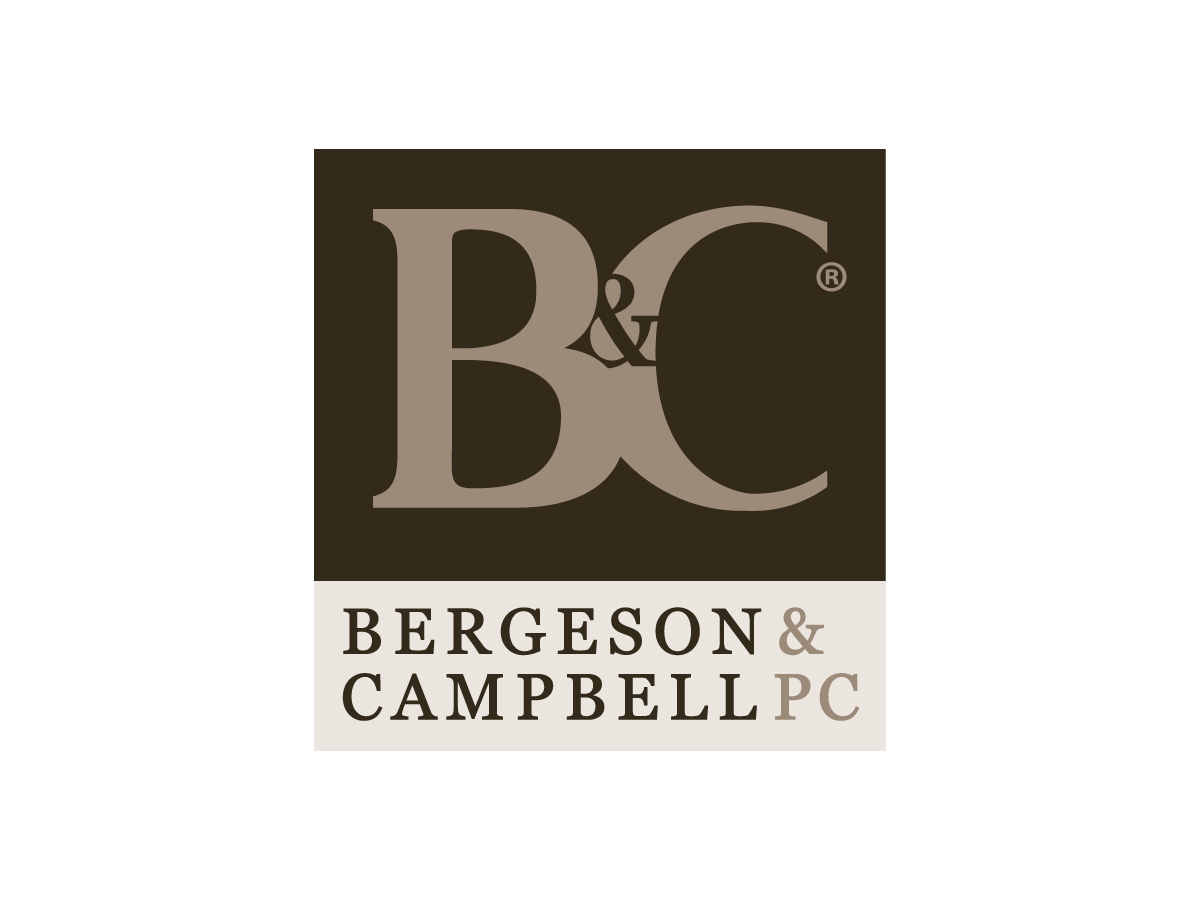The Minnesota Pollution Control Agency (MPCA) will hold two public webinars in July to provide updates and answer questions on Minnesota’s per- and polyfluoroalkyl substances (PFAS) in products law (Amara’s Law), which takes effect in stages between 2025 and 2032:
- Progress on rule development, July 18, 2024, 10:00 a.m. – 11:30 a.m. (CDT): Join MPCA staff for a presentation on preliminary rule writing for the PFAS in products reporting, fees, and currently unavoidable use (CUU) rules. Registration is open.
- Information on 2025 prohibitions for retailers and manufacturers, July 25, 2024, 11:00 a.m. – 12:00 p.m. (CDT): This webinar will discuss how the 2025 PFAS in products prohibitions will affect retailers and manufacturers starting January 1, 2025, when 11 categories of consumer products must be free of intentionally added PFAS. Webinars later in 2024 will be focused on consumers. Registration is open.
As reported in our January 12, 2024, blog item, MPCA published a request for comments (RFC) on planned new rules governing CUU determinations for products containing PFAS. According to the RFC, the main purpose of the rulemaking is to establish criteria and processes through which MPCA will make decisions on what uses of intentionally added PFAS will qualify as CUUs in products sold, offered for sale, or distributed in Minnesota. Any such determinations must be published by rule by MPCA by January 1, 2032. MPCA has posted a summary of the comments received on the RFC. MPCA notes that 508 of the 1,807 pages of comments and attachments received contain information supporting 23 specific CUU proposals. The summary states:
In general, members of the public who submitted comments were opposed to the rulemaking, specifically stating that no or very few products should receive a currently unavoidable use (CUU) determination. Most did acknowledge that if CUU determinations were going to take place, they would like to see strict regulations that support alternatives and the ultimate phase-out of PFAS use in products.
In general, manufacturers and entities representing manufacturers who submitted comments were supportive of the rulemaking, although some expressed opposition to the definition of PFAS given and requested exemptions for “polymers of low concern” such as fluoropolymers and fluoroelastomers. Some also opposed the state taking the lead on the rulemaking rather than waiting for Environmental Protection Agency (EPA) action.
[View source.]



